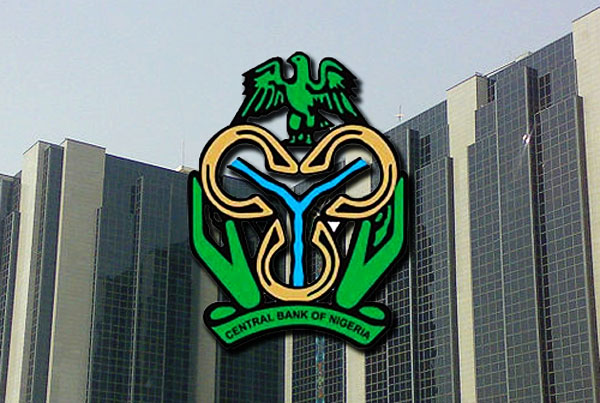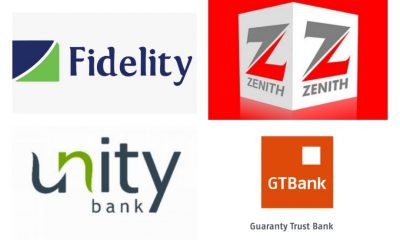By Odunewu Segun
A report has warned of an impending crisis in the banking sector unless the sector adopt time tested values to mitigate risks in the industry.
According to latest report by financial research body, Agusto & Co, the undue concentration of banks impaired loans to oil and gas could become the Achilles heel for Nigeria’s top five banks as crude, like most other tradable commodities has boom and bust cycles which are quite difficult to predict, the report stated.
“The undue concentration to oil and gas could become the Achilles heel for the top five banks. Crude oil, like most other tradable commodities has boom and bust cycles which are quite difficult to predict,” the report stated.
The report stated that Zenith, GTB, FirstBank, United Bank for Africa Plc, and Access Bank account for 47 per cent of the total banking industry’s impaired loans.
It said the loans were mainly in the oil & gas, transport & communication sectors, accounting for 37 per cent and 11 per cent respectively of the industry’s total classified loans.
In the oil & gas space, the top five banks, Zenith, GTB, FirstBank, United Bank for Africa Plc, and Access Bank accounted for 60 per cent of the loans disbursed to this sector, “which heightens concentration risks.”
ALSO SEE: Telecom base stations, not cause of cancer, other ailments ―NCC
A breakdown of the oil and gas sector loan disbursement showed that the top five banks granted over 66 per cent of the banking industry’s total exposure to the upstream; 64 per cent of total exposure to the midstream and 73 per cent of the total loans granted to the downstream.
“On an average, each of the top five banks have disbursed over N500 billion to the oil & gas sector. This makes them vulnerable to the financial performance of this sector which has been enfeebled by global circumstances.
The last two years saw intense weakening of the macroeconomic fundamentals against the backdrop of lower crude oil prices – Nigeria’s major revenue source – and the unorthodox demand management in the foreign exchange market.
“However we believe that these industry leaders need to strengthen risk management framework particularly in the areas of concentration risk, early warning signals and enhanced oversight governance,” it said.

 Health5 days ago
Health5 days ago
 Entertainment6 days ago
Entertainment6 days ago
 Crime5 days ago
Crime5 days ago
 Education7 days ago
Education7 days ago
 Health7 days ago
Health7 days ago
 Comments and Issues6 days ago
Comments and Issues6 days ago
 Football6 days ago
Football6 days ago
 Latest6 days ago
Latest6 days ago











